Were it not for the shockwaves of a world irreparably changed forever, 2020 would likely have been just like any other year. Yet despite all that went – and is still – going on, 2020 offered some comfort at least, with a huge variety of top-notch video games. In this post, I present my picks for the 16 best games* of 2020. These are games that I not only found highly enjoyable, memorable and innovative, but that had provided me with the necessary outlet to rejuvenate both mentally and emotionally. You’ll find no monetised AAA, loot-box laden garbage here, instead what I consider to be honest indie gems. Also note that the games are in no particular order.
*PC games released on Steam or GOG in 2020 (including Early Access titles)
A worthy sequel to an indie gem

When I was dabbling with GameMaker in a Year 10 programming class, I was highly skeptical that any decent game could come out of it. Sure enough, the student project Risk of Rain launched the year after. A 2D action roguelike / platformer, Risk of Rain featured a unique time-based scaling difficulty (the game gets harder over time) and permadeath. Seven years later, Risk of Rain 2 builds upon this winning gameplay formula with perhaps the most desired transition of all: from 2D to 3D. Yes, it is a third person game, something I generally hate, but it’s not too bad. The graphics and textures aren’t all that flash, but why worry about fidelity when you’re too busy trying not to get killed and, ultimately, having an absolute blast! Risk of Rain 2 has some of the smoothest and most engrossing gameplay going around. It shares much of the attributes of the previous game, with even more items, enemies and playable characters. This game is also perfect for co-op and was my pick for the Better With Friends Steam Award. Speaking of the Steam Awards, Terraria was so robbed for Labor of Love, but alas that’s another story.
A pinnacle of the automation genre
Automation games are a tricky genre for me. They have to mean something, or rather they shouldn’t feel like you’re wasting time idling and waiting for stuff to happen. Factorio happens to get around this problem by simply giving you so much stuff to do. Its immense complexity makes it the ultimate sandbox, where the limit is your imagination. As the name suggests, in this game you are primarily constructing factories to process raw resources into intermediate products, and so on and so on in ever-increasing tiers of complexity. Yes, it’s grindy. But it’s addictive and satisfying. Dangerously so. In a sense, that’s exactly what a good automation game should be.
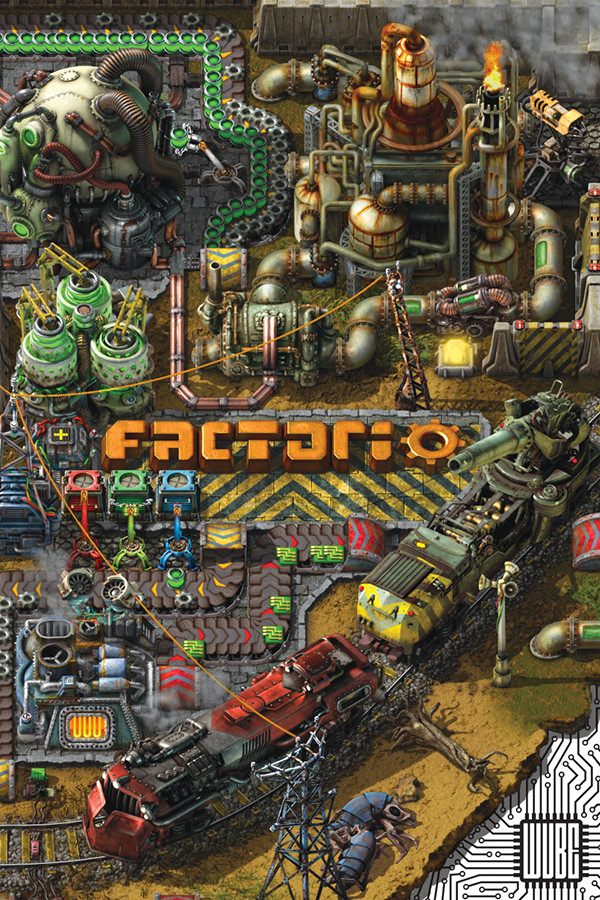
A beautiful metroidvania
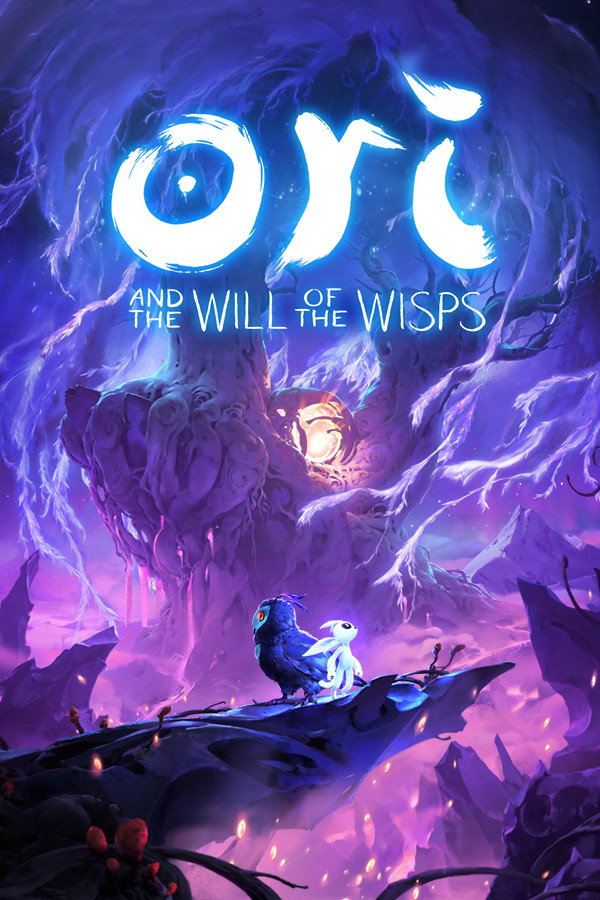
Ori and the Will of the Wisps is the sequel to Moon Studio’s 2015 breakthrough game Ori and the Blind Forest. A puzzle platformer / metroidvania, in this game you guide the spirit Ori through various puzzles, gradually unlocking new abilities that in turn open up more of the world for exploration. Indeed, what makes this game so special (as with its predecessor) is its truly outstanding visual design, its emotional story, and its moving soundtrack. The overall length of 15 hours is neither overly short nor too long. There’s really nothing negative to say about this game. If you have the time, by all means play it.
An infinite world
William Chyr Studio’s Manifold Garden really is special. Firstly, as far as puzzle games go, it’s fairly straightforward. What makes it unique are its gravity-flipping / orientation mechanics that enable you to walk up walls, its use of portals to create the illusion of impossible geometry, and its seamless 3D world-wrapping. Level environments are infinitely repeating. Need to “jump” to reach a ledge? Easy, just fall down and land on it from above. This game is an outstanding technical achievement, and the minimalist visual style and soft piano soundtrack make for quite an ethereal experience. The length is relatively short at around 4 hours, but what makes the game even more special are its many “secret paths”. Usually, after completing a world, you place a god cube to unlock a path to next world. But all the worlds are actually already connected, yet these connections are incredibly well hidden (the ultimate achievement is to complete the game without placing any of these god cubes). If you want a head scratching exercise, this is certainly worth it for the satisfaction alone, but also just to see how marvellously interconnected the manifold garden truly is.
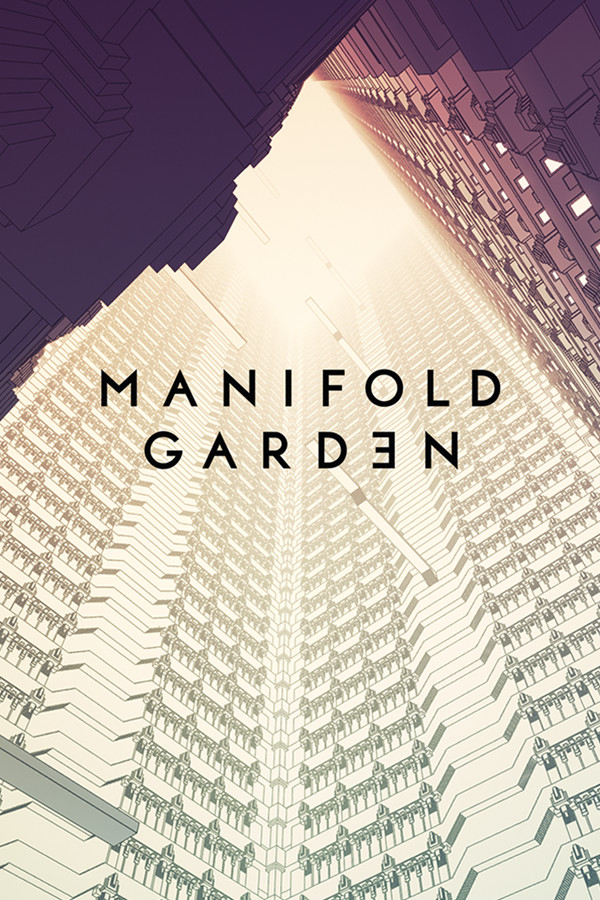
A journey to hell
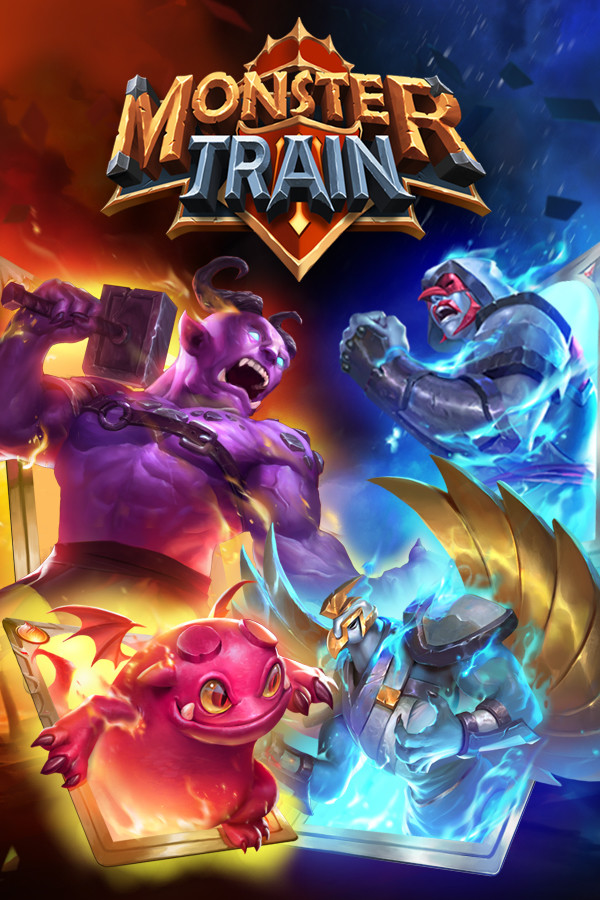
Since Slay The Spire, there has been an explosion in roguelike deckbuilders. While there exist some that are unabashedly STS clones, Monster Train goes one step further with some tactical gameplay similar to what you’d expect from a tower defence game. You are in command of a train with four floors: three where you can play units, with the top floor containing your pyre (that you must protect at all costs). Enemies enter from the bottom floor, then make their way up to the top. On each floor, combat is resolved from front to back, with the frontmost unit attacking first. Your deck primarily consists of units as well as spells. All in all, there’s an excellent mix of gameplay mechanics here, as well as a variety of classes that each have their own unique decks. Furthermore, you can mix and match a primary class with a supporting class to gain access to cards from both classes. Runs are comparatively short at around 30 mins, but the game has excellent replayability. Fans of STS should definitely try this game.
A journey through time
Everyone’s played at least one computer chess game in their lifetime, surely. You’d be forgiven to thinking there’s not much more to see. 5D Chess with Multiverse Time Travel is an absolute gem. The fact that one of the most popular user-defined tags for this game on Steam is “Psychological horror” should indeed tell you all you need to know about it. On a serious note, this game is the first to have a temporal dimension, as well as parallel dimensions. Checkmated in one timeline? Just send pieces back in time from another. Want your bishops to go sideways? Send them back in time. Now, I’m not sure if its feasible to ever truly master this game, but the techniques and new gameplay styles that this game introduces are truly stimulating, and you can’t help but feel like Einstein when you win. Bored of chess? Just add a few extra dimensions.
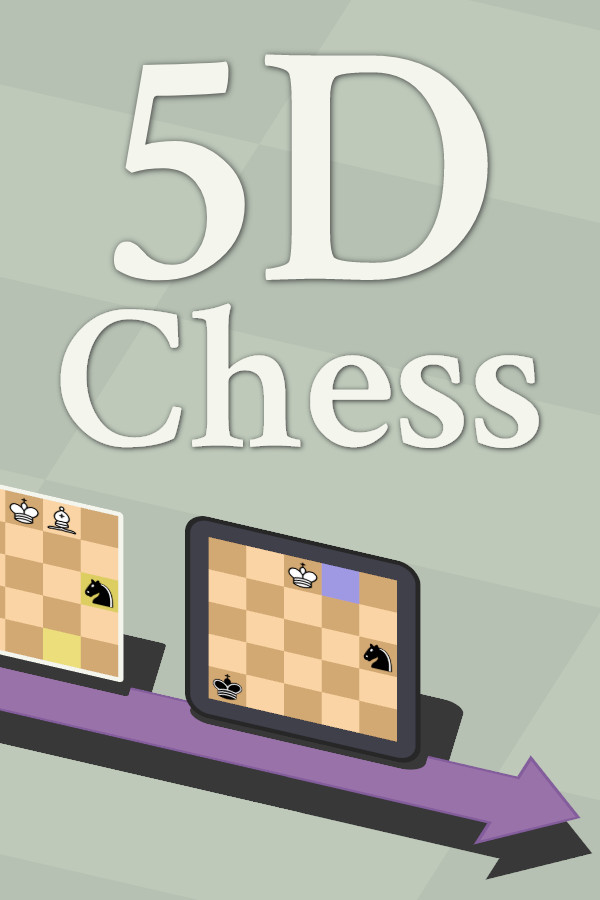
A twin deckbuilder
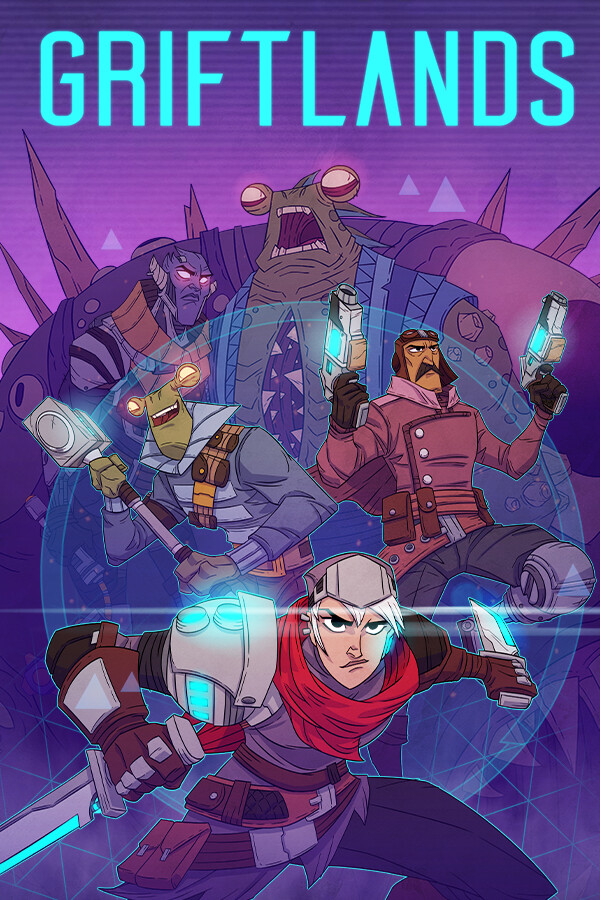
Klei’s breakthrough entry in the roguelike deckbuilder genre, Griftlands is an intriguing and highly enjoyable game with a marvellous blend of RPG, story/lore and card battling. In this game, you progress through a campaign by completing quests, which may involve either combat, negotiation, or both. You maintain two decks; one for combat, the other for negotiation. Combat is essentially a slicker Slay The Spire; you can fight as a team with allies who’ll support you, there’s an amazing neutral deck of various grenades and drones, along with finishers and combos. Negotiation is completely unique, and hard to describe in a paragraph. It suffices to say that it’s an intricate battle to reduce your opponents resolve by direct attacks, attacking their arguments and/or incepting your own arguments. This game is a pure joy by virtue of its mechanics alone – something truly special in a saturated market.
A stunning and poignant voyage
Thunder Lotus Games are renowned for incorporating hand-drawn art into their games. Spiritfarer is arguably their most beautiful game to date. Few games touch on the theme of death with such grace, such reverence, and such poignant beauty. In this game, you are tasked to care for spirits as they journey to the afterlife. The gameplay is part management sim – in the sense that you upgrade a boat and place buildings on it – and part farming sim – in the sense that you cook for and care for the spirits (some have drawn comparisons to Stardew Valley). The pace is truly relaxing – no time pressure, you can play purely at your own. Eventually, the time will come for the spirits to move on to the afterlife. And it is an emotional farewell. And that is the point. This is, after all, a “cozy management sim about dying”.
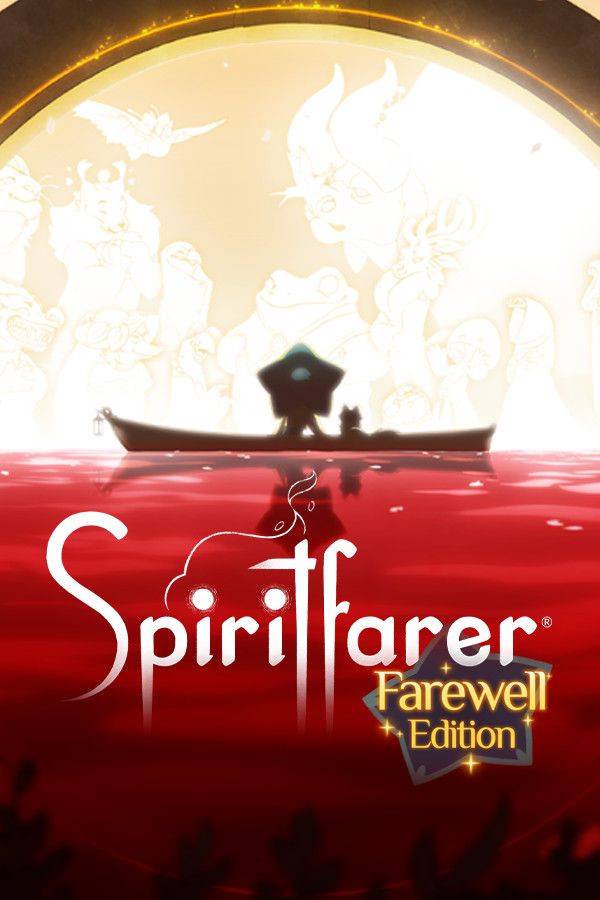
A charming indie puzzler
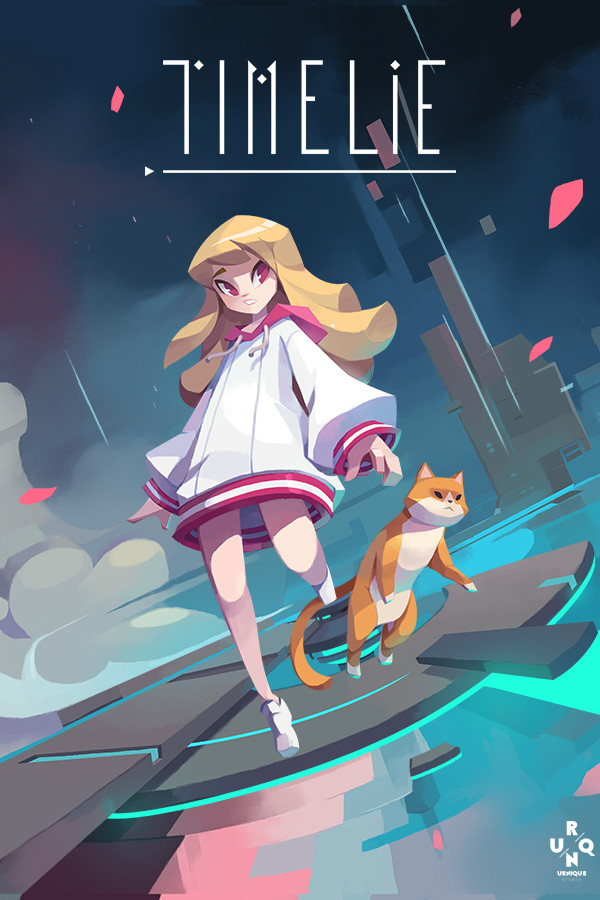
Timelie is a charming and gorgeous stealth puzzle game where, as its name suggests, you navigate puzzles through manipulating time. The main objectives are to sneak past various guards, with the emphasis being on making the right moves at just the right time having either observed their patrols beforehand, or simply through trial and error. Instead of undoing, you can just rewind time and try again. If this sounds rather simplistic, I should say that it is anything but, with plenty of room for creative, unexpected solutions. Like Portal, this is a puzzle game that, albeit short, doesn’t overstay its welcome. The art style is absolutely fantastic and stunningly minimalist. A well-deserved indie gem.
A prismatic roguelike
Noita is, well… one chaotic roguelike. It features a physics-based sandbox where every pixel is simulated. It features intricate spellcrafting / spell combinations as your primary means of interacting with the environment and destroying enemies. It’s as if Terraria and Magicka had a baby. Unlike most “roguelike” games these days, Noita is a pure roguelike, in that all runs are procedural and nothing carries over. It’s devilishly difficult, with each stage getting harder and harder. The procedural generation in this game deserves a massive thumbs up. I should note that you will require a certain degree of patience when playing this game; patience to experiment with various wands, patience to navigate levels, patience to learn from mistakes. It’s easy to ragequit, but even easier to just try again and blow stuff up!
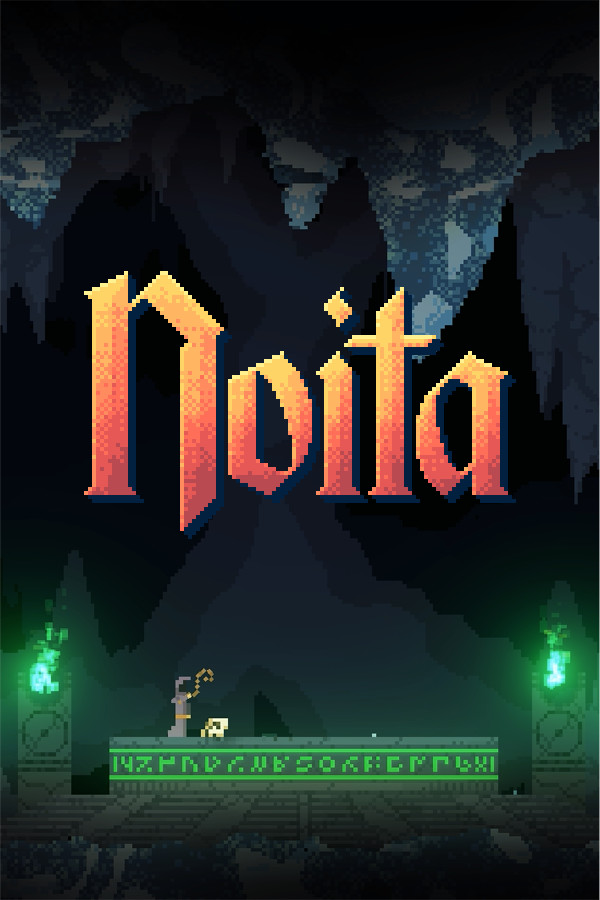
A calm, peaceful playground
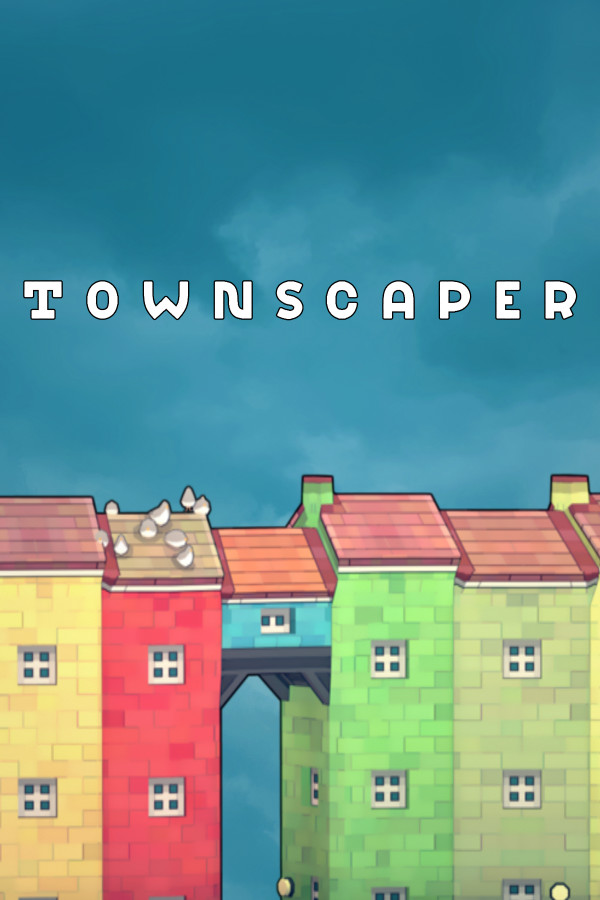
What better way to spend some downtime creating gorgeous towns? Townscaper is a quintessential example of an indie gem. Cheap, humble and unassuming. It does exactly what it sets out to do. Simply drop some blocks on a grid, then let the game take care of the rest. This is one of few games out there that can offer a genuine meditative experience; the perfect game in these troubled times.
A sci-fi, tactical roguelike
Star Renegades is a tactical, squad-based roguelike with gorgeous pixel-art graphics and the feel of a classic RPG. In this game you traverse various planets, completing objectives, gathering resources and engaging enemies, with the ultimate boss fight occurring on the enemy mothership of an evil, dimension-spanning Empire. This game kinda has a bit of an Into the Breach vibe about, insofar as there’s a lot of strategy when it comes to the combat, and that areas in the procedural maps get permanently locked off, forcing you to choose your path wisely. One of the unique squad-based mechanics is that, after the end of an in-game day, you can gift cards between members to confer bonuses, heal damage and, through increasing bonds, unlock unique combo moves. This game is very well fleshed out mechanically, with a huge variety of playstyles, combat resolution via an initiative track / timeline, gear upgrades and player perks.
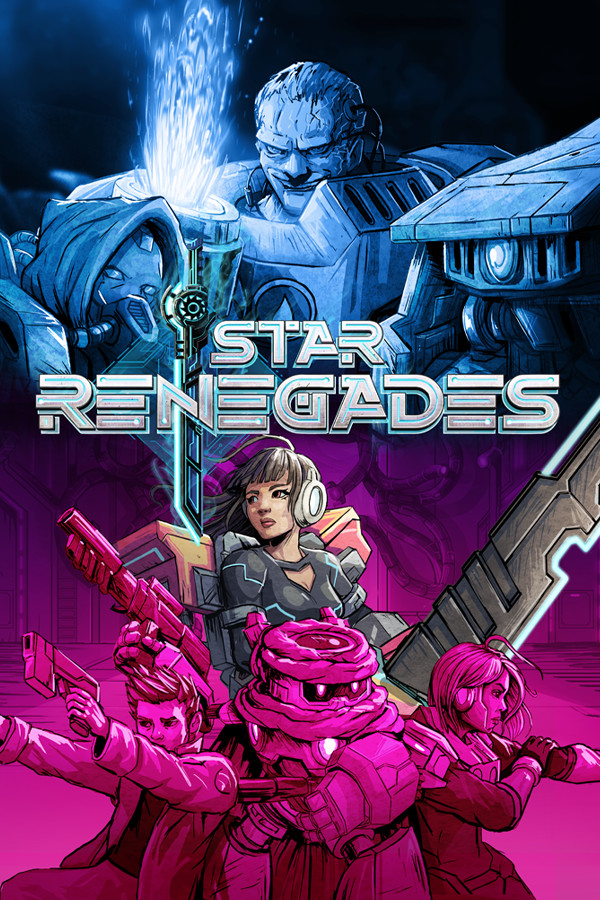
A gorgeous rendition of a hit tabletop
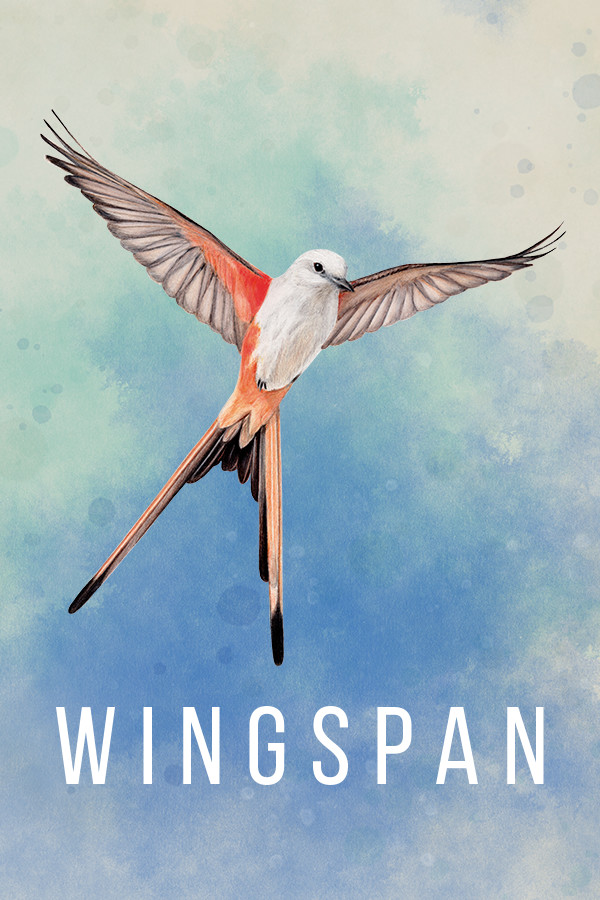
Elizabeth Hargraves’ Wingspan, published by Stonemaier Games, won the prestigious 2019 Kennerspeil des Jahres and sits among the most popular family board games of recent years. It now has a digital adaptation. As far as the recreation of the board game experience goes, it’s excellent, with an easily navigable UI with subtle visual cues that impart all of the relevant information about the board state. As with the game itself, the art style is exemplary. Bird chirps and animations, trivia voice-overs and relaxing music are welcome additions too. The digital version is yet to include the European expansion, but hopefully this will be included in the future, perhaps alongside the upcoming Oceania expansion. Although nothing can truly replicate the tactile feel of rolling dice into the birdfeeder, Wingspan‘s digital adaptation is faithful to the core.
A hectic card battler
One Step From Eden is a fast paced tactical card battler that blends the gameplay mechanics from Mega Man Battle Network with a modern roguelike deckbuilder à la Slay The Spire. This is an absolutely brilliant game; devilishly difficult, charming art style, great mechanical depth with a huge variety of cards, and an awesome soundtrack. While you only have two slots to play cards, you can see which cards are next, which in theory allows for some good strategy, but given the extreme, frenetic pace of this game it’s more than likely to devolve into button mashing. This isn’t necessarily a bad thing. The sweet sensation of winning boss fights is much more intense, so too is the satisfaction of countering the enemy attack and movement sequences. All in all, a wonderful indie gem.
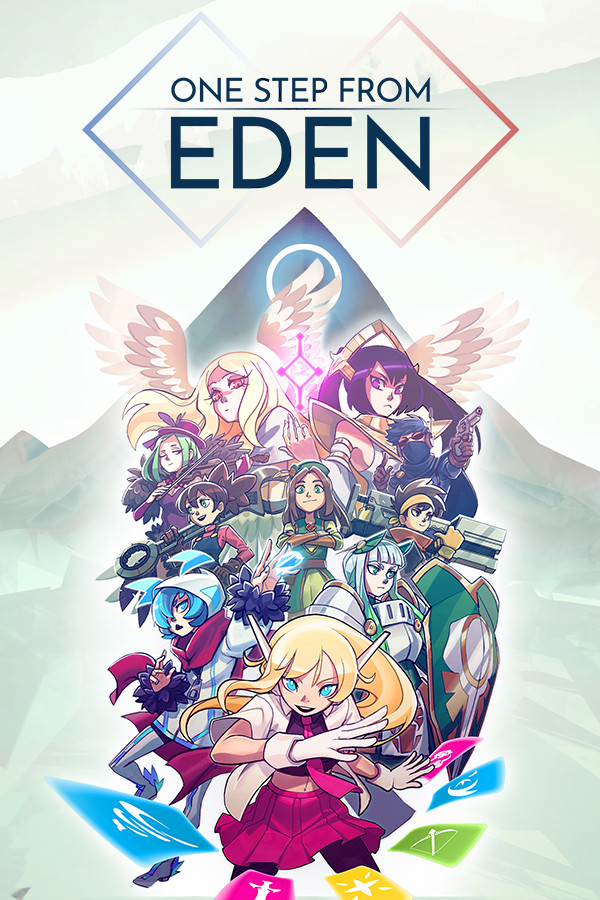
A true open world survival crafter
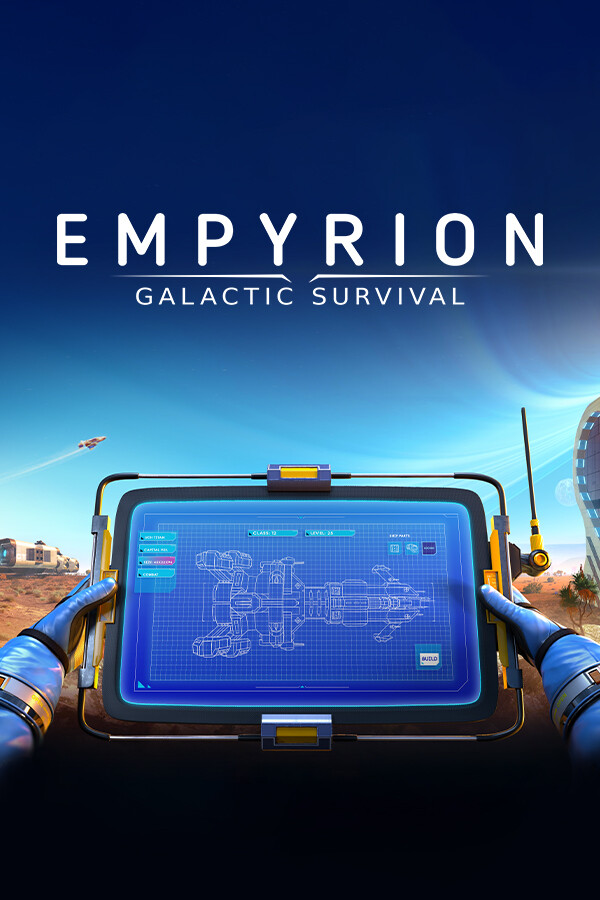
Empyrion Galactic Survival is an ambitious, space-based open world survival craft that blends elements of No Man’s Sky with the voxel-based, sandbox construction of Space Engineers. Like almost all games in this niche genre, there’s a steep learning curve, scant documentation, multiplayer is plagued by server issues, and the presentation is a little rough around the edges. Empyrion does offer a wonderful survival and exploration experience, starting from crash landing on some procedurally generated planet, and eventually to base-building, building spacecraft and warping to explore the galaxy. Having had a long Early Access journey, the game continues to enjoy a regular stream of updates and support from the developers. The outstanding modding community also takes this game to the next level, with a huge array of blueprints to take to the stars in no time.
A truly exceptional ARPG
Hades is Supergiant Games’ magnum opus. It is easily the best action RPG I’ve played. It features the most believable, natural and nuanced story progression of any game I’ve played (let alone one with rougelike elements!). In this game, you play as Prince Zagreus in your battle to defy your father and escape the Underworld, with each run seeing you fight through procedural chambers across its various regions. This is a game that makes you want to keep playing, with tangible progression as far as weapon and ability upgrades go. So too is the ability to befriend almost all major characters, granting keepsakes that offer bonuses in-run. This is definitely a game for the long haul (at least for completionists), with at least 50 to 100 hours on offer. Some insist on playing with a controller, but I find keyboard and mouse to be much more responsive. Movement controls are fluid and responsive either way.
